Search
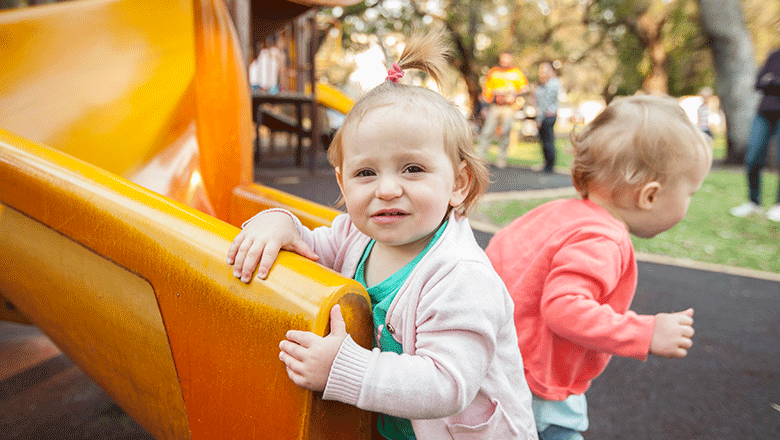
The Kids Research Institute Australia's 2014 Annual Report is now available.
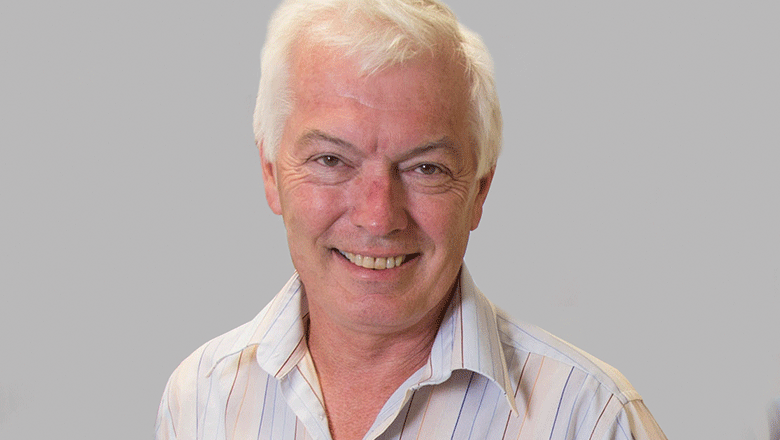
At the Institute's Annual General Meeting on May 27, Professor Michael Good was elected to our Board of Directors.
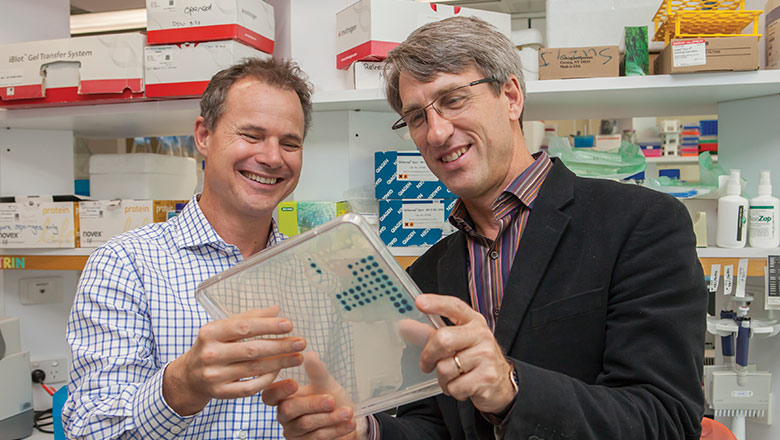
The Drug Discovery Unit has been finding ways for smart drugs to penetrate deep into cells and attacking their disease targets while causing fewer side effects
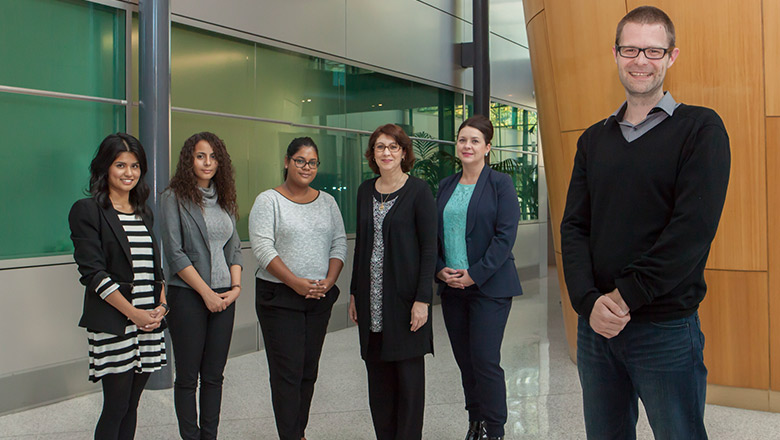
Focussing attention on a child’s first year of life is proving to be a major breakthrough in autism research.
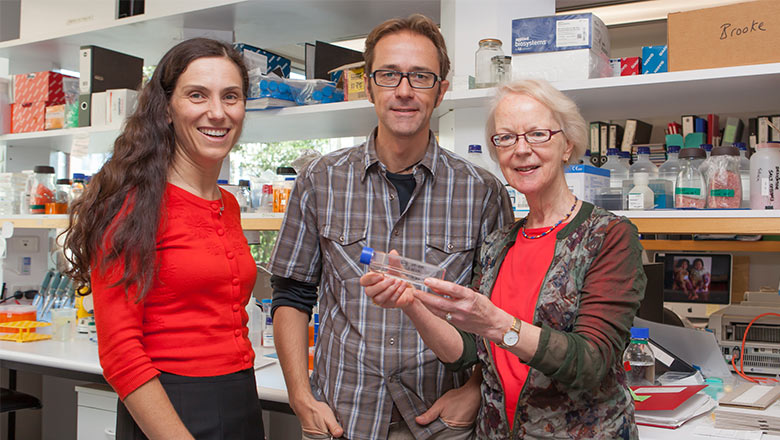
It is now known that the HOX11 gene is permanently activated in the leukaemia cells and it drives the disease.
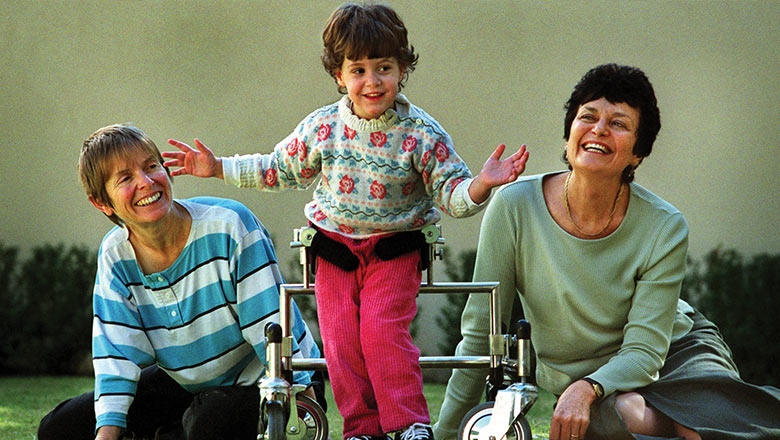
Cerebral palsy is not only the result of birth trauma and the lack of oxygen supply during delivery.
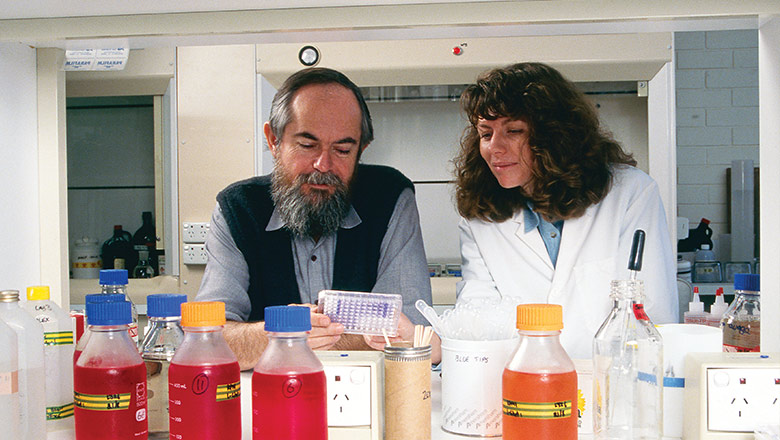
Findings by Professor Pat Holt revealed researchers had been heading down the wrong path in their battle strategy against respiratory allergy and asthma.
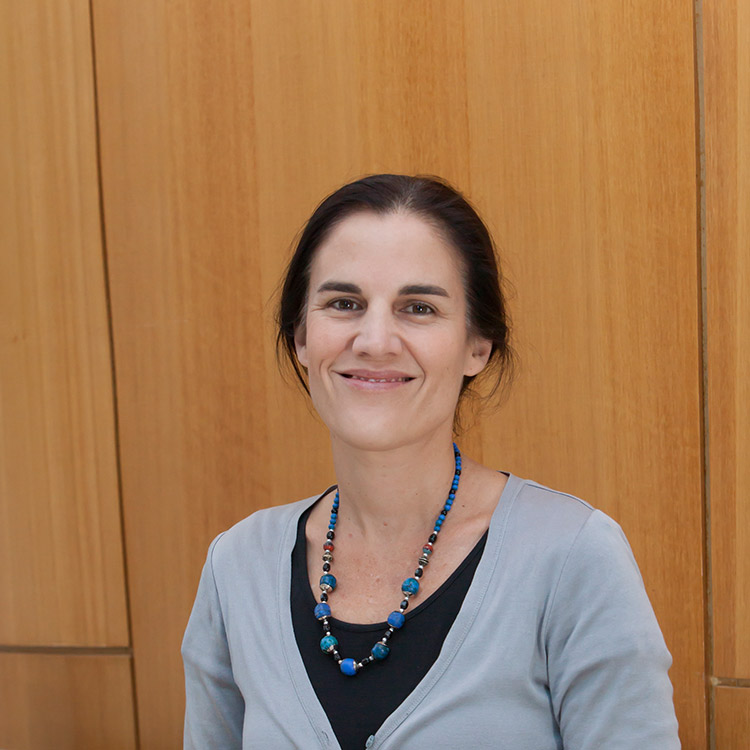
Dr Hansen’s study found children born through ART had a twofold risk of having a birth defect. The results were published in the prestigious New England Journal
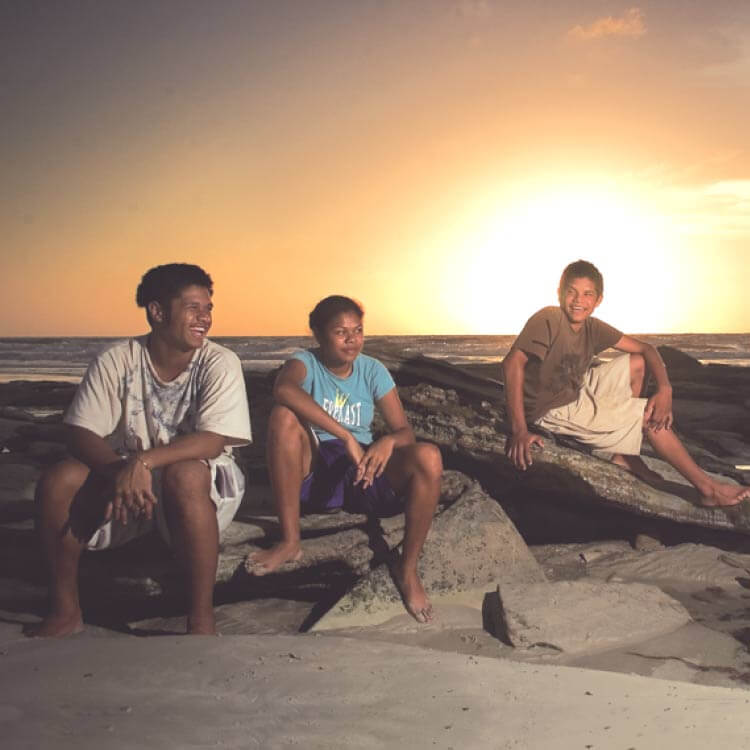
The Kids created history by surveying 1 in 6 indigenous children across the State and collecting information on just how this generation is travelling.

The Kids Research Institute Australia dietitian and nutritionist Dr Roslyn Giglia shares her top 10 tips for kids nutrition and physical activity.
